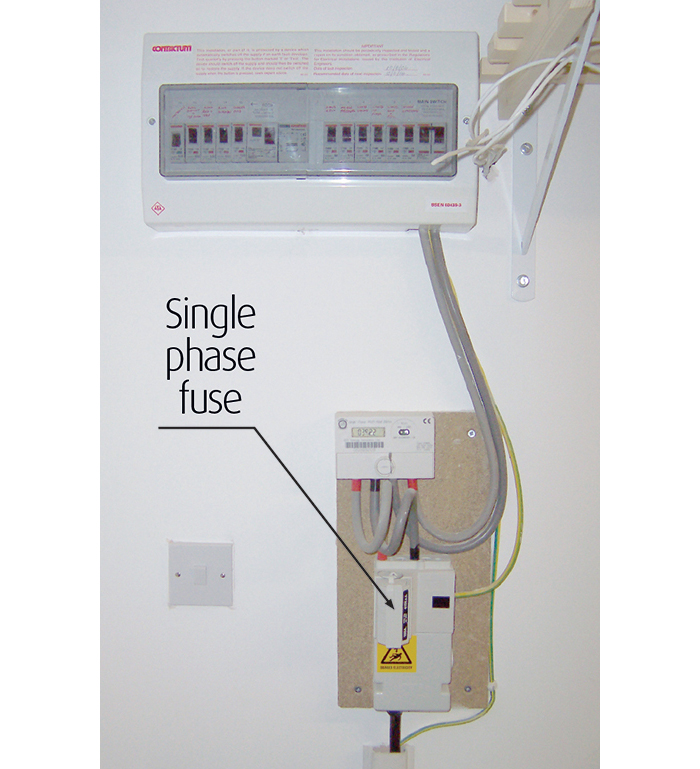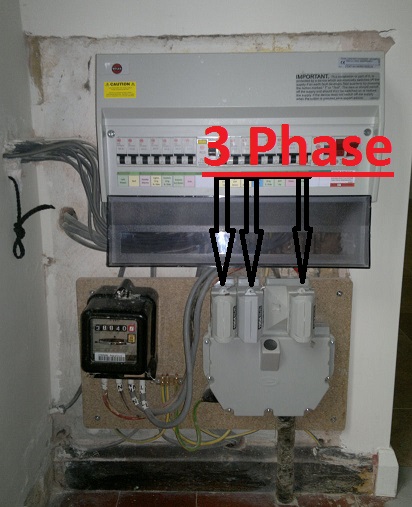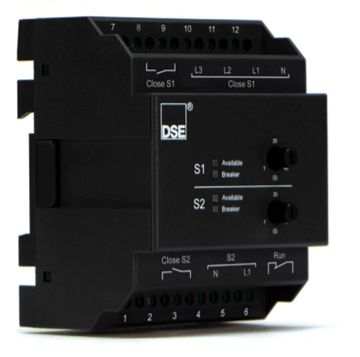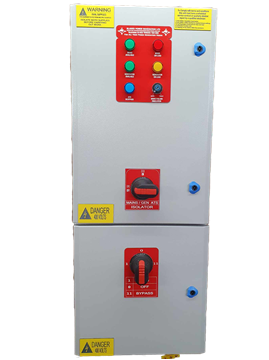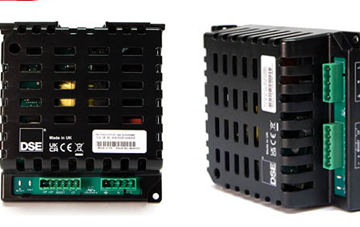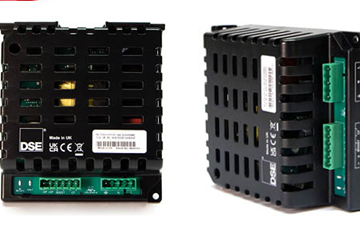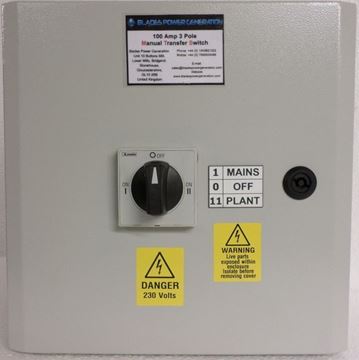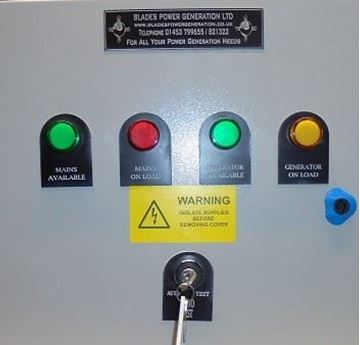It’s a fact of life that virtually all of us take electricity for granted. When we switch a light on we don’t think about what powers it: we just expect the light to come on. In fact, if it doesn’t come on it would be something of a shock, and yet power outages can and do happen. Consider the storms recently in Scotland and the North of England which have brought down power lines and left some people without any power for days. Climate change seems to indicate that this will be happening more often.
This is why more and more people today are buying a generator for their home so that they can have power without necessarily having to rely on the local utility. Buying a standby generator obviously involves a cost. This will be dictated to some extent by the amount of power that you need for your home. The bigger the generator the more power it can produce, and the more it will cost to purchase.
However, you don’t necessarily have to invest in a new generator because there is a second-hand market in these in just the same way as cars. At Blades Power Generation we have used generators for sale, which obviously cost less than brand new.
These used generators work just as well as a new one, and of course we have checked them over before offering them for sale. There are a number of reasons why these are available, but one that happens often is that a business that uses generators will expand and need more capacity. Hence that business has to invest in a bigger generator and will trade in the old one with us in part exchange.
You Will Need A Transfer Switch
When you buy a standby generator, you will need a transfer switch in order to switch from mains power to the generator when the mains goes down, and back again when it comes on. There are two choices – a manual changeover switch or an automatic one.
When you have a manual changeover switch you have to go outside to fire up your generator and then manually switch over when it is up and running. You also have to switch back when the mains power comes on again. This is OK if you are at home when it happens, but if you happen to be away for the weekend or whatever, you could lose all the food in your freezer! An automatic changeover switch will save you all these sorts of issues.













